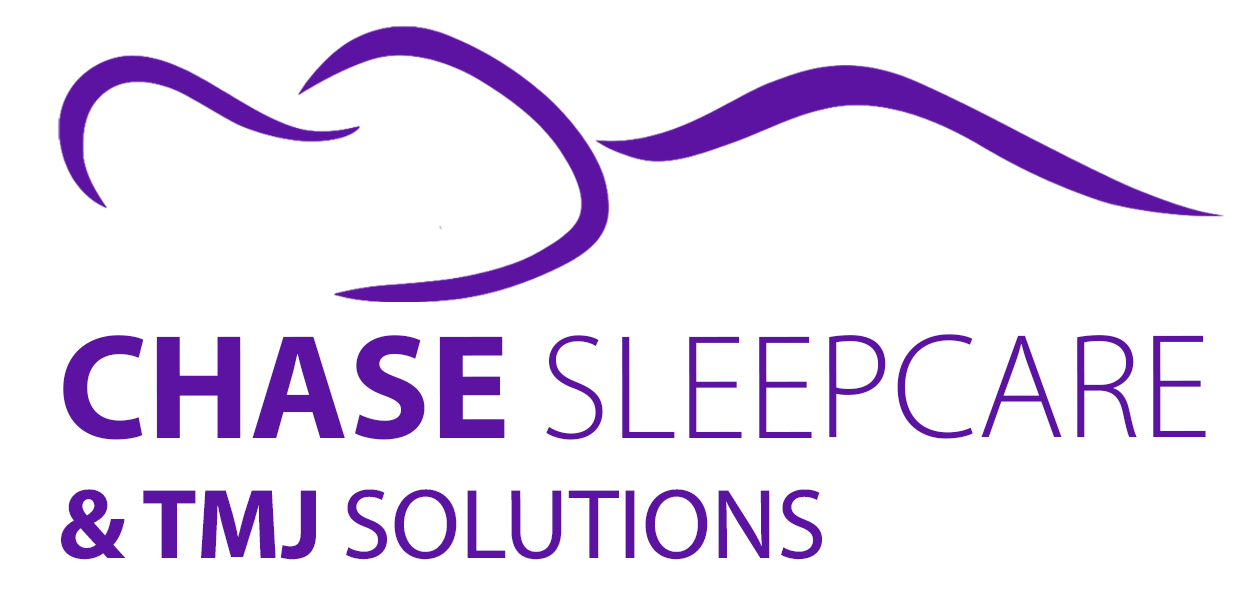Nasal snoring doesn’t actually mean you snore through your nose. It means that problems within the nose are causing you to breathe through your mouth. This is what leads to nasal snoring.
There are numerous factors that lead to nasal snoring; however, most people often find it hard to identify this particular type of snoring. If you or your partner have snoring issues, it is best to consult a sleep specialist. Chase Dental Sleep Care has locations in Brooklyn, Queens, Manhattan, Long Island and Yonkers.
Here are a few ways to recognize nasal snoring and be able to differentiate it from other forms and types of snoring.
Sagging or Small Nostrils
If you notice your nostrils collapsing and becoming small when you breathe in, it could mean that breathing is happening through your mouth because your nostrils are preventing the flow of air through the nose. This is a strong indicator of nasal snoring since your passageway is extensively obstructed in this case, and may be causing you to snore.
An easy way to check if this nasal snoring is due to the size of your nostrils is by looking in a mirror and shutting off one nostril with your mouth closed. While doing this, try to breathe through the other nostril. If this nostril ends up collapsing, perhaps it is time for a visit to a sleep specialist.
Blocked Nose
You are likely to breathe through your nose when your nose is congested and stuffed. Nasal blockages can occur due to a cold or perhaps an allergy.
One of the leading and most noticeable causes of nasal snoring has been found to be a stuffy, blocked or congested nose. In this case, snoring occurs due to inefficient breathing since your nose is one of the most viable routes for proper breathing.
Dangling Mouth During Sleep
Sleeping with an open mouth is another indicator of nasal snoring. If you sleep with your mouth open, it means that you are breathing through your mouth, which is one of the foremost causes of snoring.
Sleeping with the mouth open causes the throat to compress, dries out your throat, makes your tongue fall further back into the mouth. This can cause the soft tissues in the mouth to vibrate which is highly typical of snoring.
One way to combat nasal snoring or any other type of snoring is obviously contacting a sleep specialist in Brooklyn, Long Island or Manhattan who will notify you of effective medical solutions.
We offer treatment for sleep apnea, TMJ, and Botox. We are located in Staten Island, Williston Park, East Meadow, New York and surrounding cities. Call us to book your appointment today.
